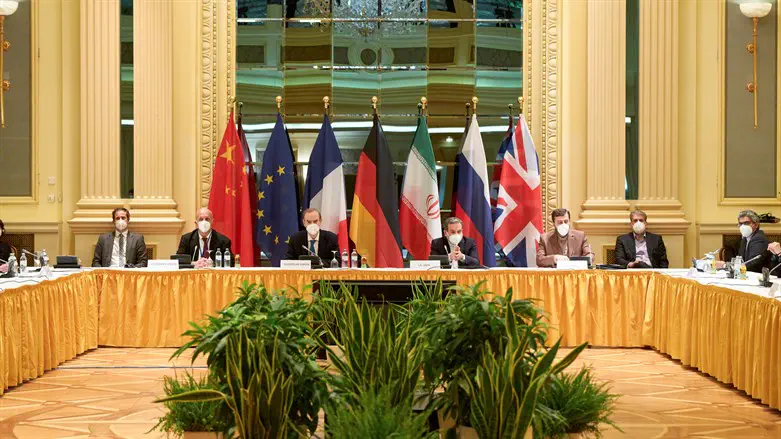
Dr. Raz Zimmt, an Iran expert at the Institute for National Security Studies (INSS) at Tel Aviv University, explained why any new agreement with Iran will be worse than the agreement signed in 2015.
In an interview with 103 FM Radio, Dr. Zimmt said, "There has been progress in the field of Iran's research and development, and that is not reversible."
"If there is an agreement, it will be less good than that of 2015," he warned. According to him, even though most of the Iranian violations of the nuclear deal and most of the progress made are in fact reversible, progress in the field of research and development has accumulated, and that cannot be reversed.
Responding to Foreign Minister Yair Lapid's (Yesh Atid) statements that Israel does not oppose all agreements and that there are efforts to influence a future agreement, Dr. Zimmt said, "I will admit that I was also surprised. But when both sides understand that there is no better alternative than a return to the original deal - all that is left is to try to overcome the difficulties."
"The Iranians aspire to receive guarantees that the sanctions will be removed, and not just on paper but in reality," he emphasized. "There is an advantage in that Israel has declared that it does not automatically reject any agreement which will be made with the Iranians."
Iran itself is suffering from inflation and high unemployment, he added, but noted that Iran has managed to survive and is not on the brink of economic collapse.
